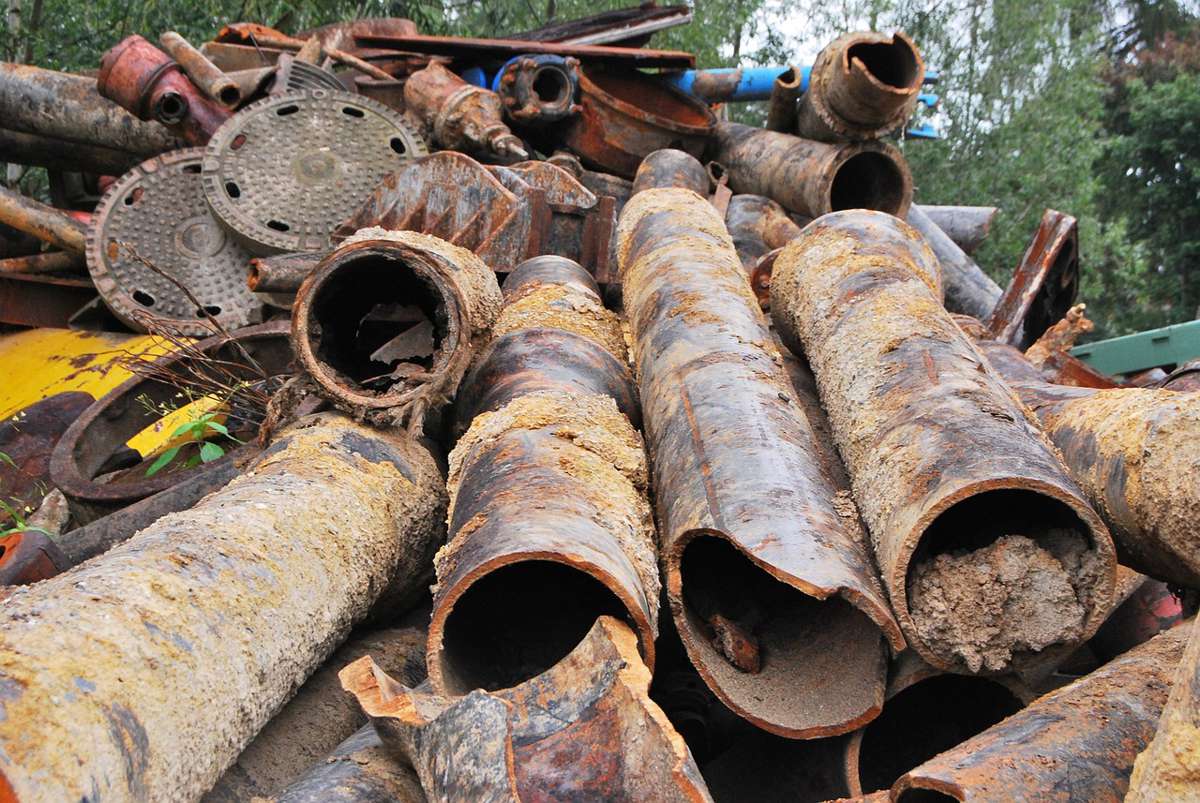Scrap Metal Services benefit the Construction Industry
Scrap metal services are an integral part of the construction industry. They allow for the efficient reuse of materials, thus reducing waste and costs associated with new products.
In addition to cost savings, scrap metal services can provide various other valuable benefits in many aspects of construction projects.
This article will discuss the advantages of scrap metal services when incorporated into a construction project and provide examples of how they may be used.
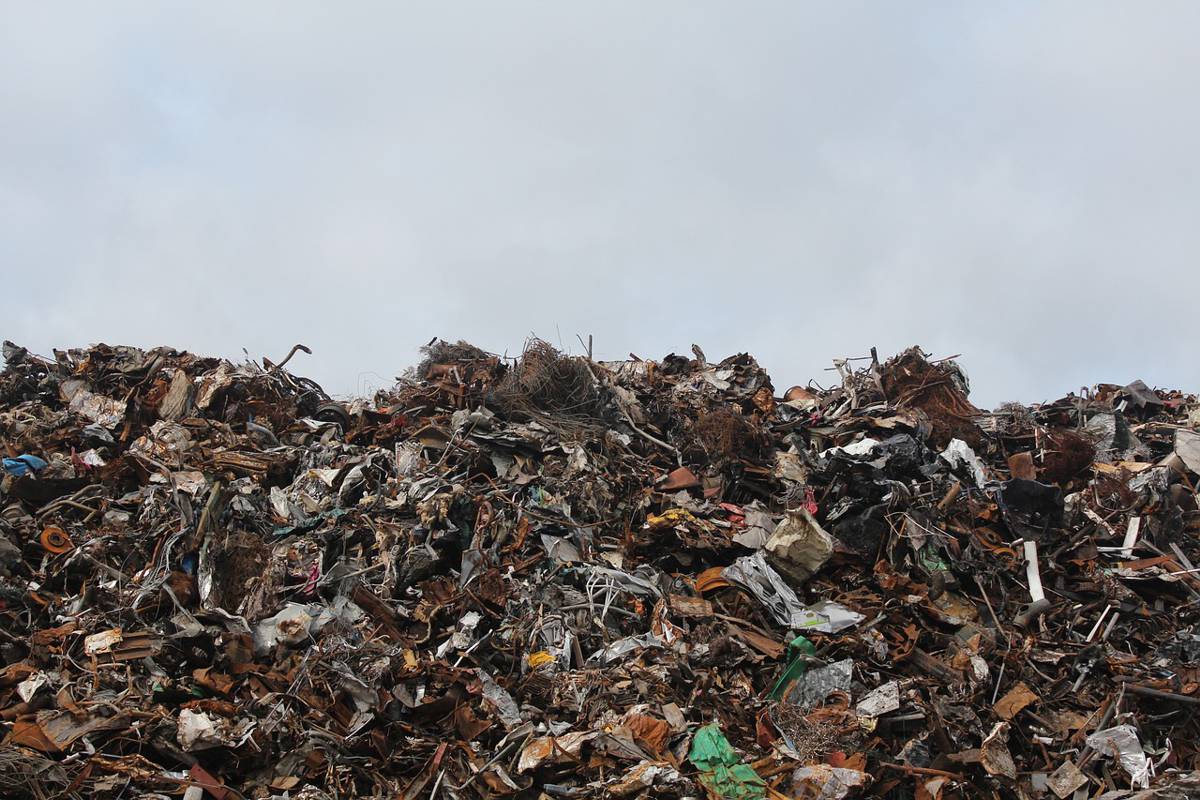
What Are Scrap Metal Services?
Through recycling, salvaging, and reusing materials, scrap metal services are essential to operations within the building and construction sector. Scrap metal services in Colorado, as well as similar services in other locations, are integral to the construction industry. They collect reusable metals from construction sites or demolition projects, effectively reducing waste and ensuring that resources are recycled responsibly.
Common sources of scrap metal include steel beams, copper wiring, aluminium siding, and other types of metals used in construction. The scrap metal is then taken to a salvage yard, where it’s sorted into different grades based on its type and quality before being sold for reuse. This allows the material to be repurposed instead of ending up in landfills, which helps reduce environmental impacts and save money for businesses and consumers.
Now that we understand what scrap metal services entail and their role in the construction sector, let’s delve into the specific benefits they bring to the industry.
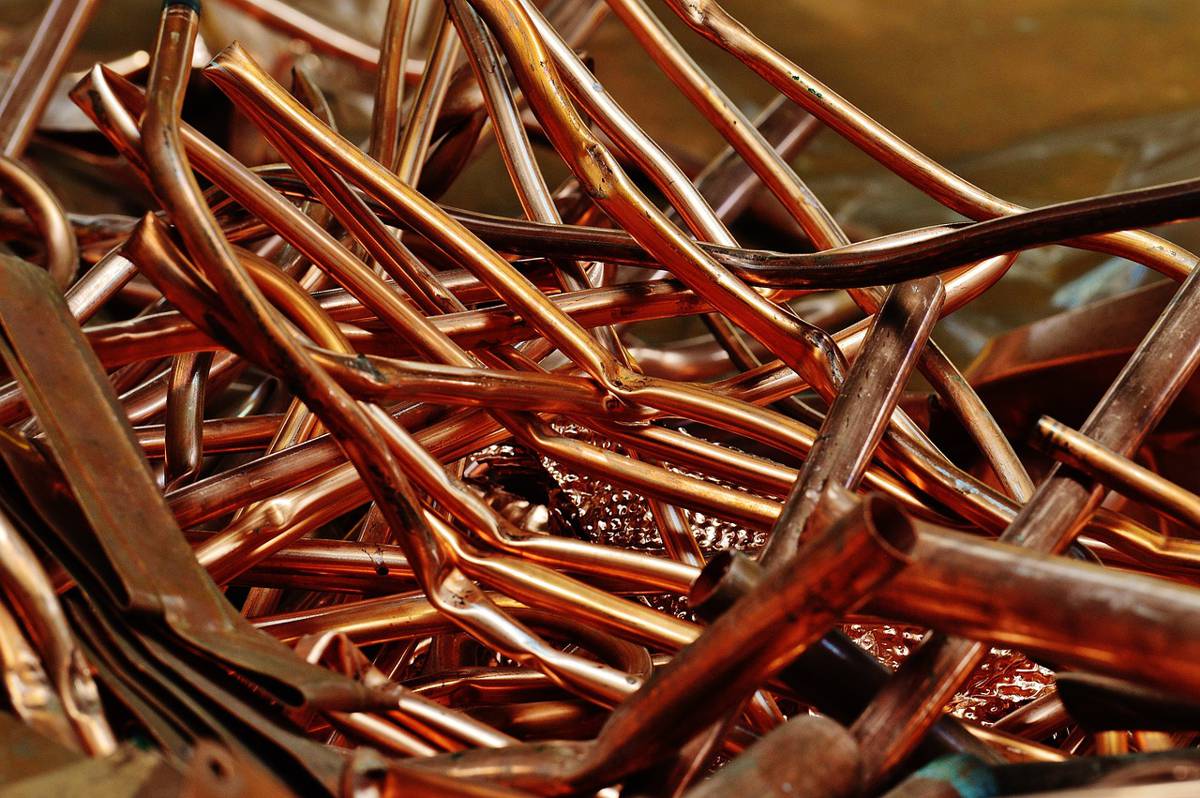
Benefits Of Scrap Metal Services In The Construction Industry
Scrap metal services offer numerous benefits to the construction industry, particularly in terms of cost savings and environmental sustainability.
1. Cost-Effectiveness And Environmental Sustainability
Businesses in the construction sector can achieve cost-efficiency in their operations by utilizing scrap metal services. Reusing scrap metals within the industry allows them to save on new materials’ purchase and transportation costs. Reduced labor costs due to more efficient use of resources further enhance these cost savings.
The availability of recycled materials reduces waste and contributes positively to environmental sustainability goals. Generally, when they remove work site scrap metal, it’s often separated into different grades for specific applications. This additional revenue helps offset some operational costs per project and increases profits for businesses in this sector.
Reusing scrap materials in construction operations can positively impact the environment, contributing to sustainability goals. By utilizing scrap metal services for construction projects, fewer resources need to be extracted from the environment that would otherwise be used to create new materials. The practice of using scrap metal services for recycling and reusing materials reduces energy consumption and emissions during production, resulting in less pollution. Recycling scrap metals eliminates the need for landfills often filled with hazardous substances.
These advantages make it easier for companies to meet sustainability goals while creating high-quality products cheaper than virgin materials. Additionally, it prolongs the life cycle of existing products, making them more eco-friendly than newly produced materials.
2. Economic Impact
By reducing the number of raw materials used in construction projects, businesses can save on costs from purchasing new resources. This cost savings may come in lower product or service prices, allowing companies to remain competitive and profitable. Additionally, scrap metal services reduce waste disposal costs associated with the construction industry and mitigate environmental damage.
Reusing scrap metal also supports local economies by providing employment opportunities for workers handling and processing scrap metals. These employees play a vital role in the industry as they are responsible for collecting and recycling valuable resources, contributing significantly to the sustainability efforts within the sector. Moreover, profits from these operations are often reinvested into communities through taxes and charitable giving programs. As such, scrap metal services make a significant contribution to local economies while helping conserve natural resources at the same time.
3. Versatility And Availability Of Scrap Metal
Scrap metal services provide an unparalleled range of materials for construction projects. The sheer number of sources allows these services to source any material, from ferrous metals like steel and iron to non-ferrous metals like aluminium and copper.
Additionally, the availability of scrap metal provides greater flexibility during construction because various components can be combined to create custom pieces. This reduces the need for additional parts that would otherwise be purchased from other vendors.
The vast availability of scrap metal means that construction projects can be completed ahead of schedule because many materials are already on hand or can easily be acquired. This eliminates delays associated with purchasing new materials from suppliers, which could lead to a project running over budget or taking longer than expected.
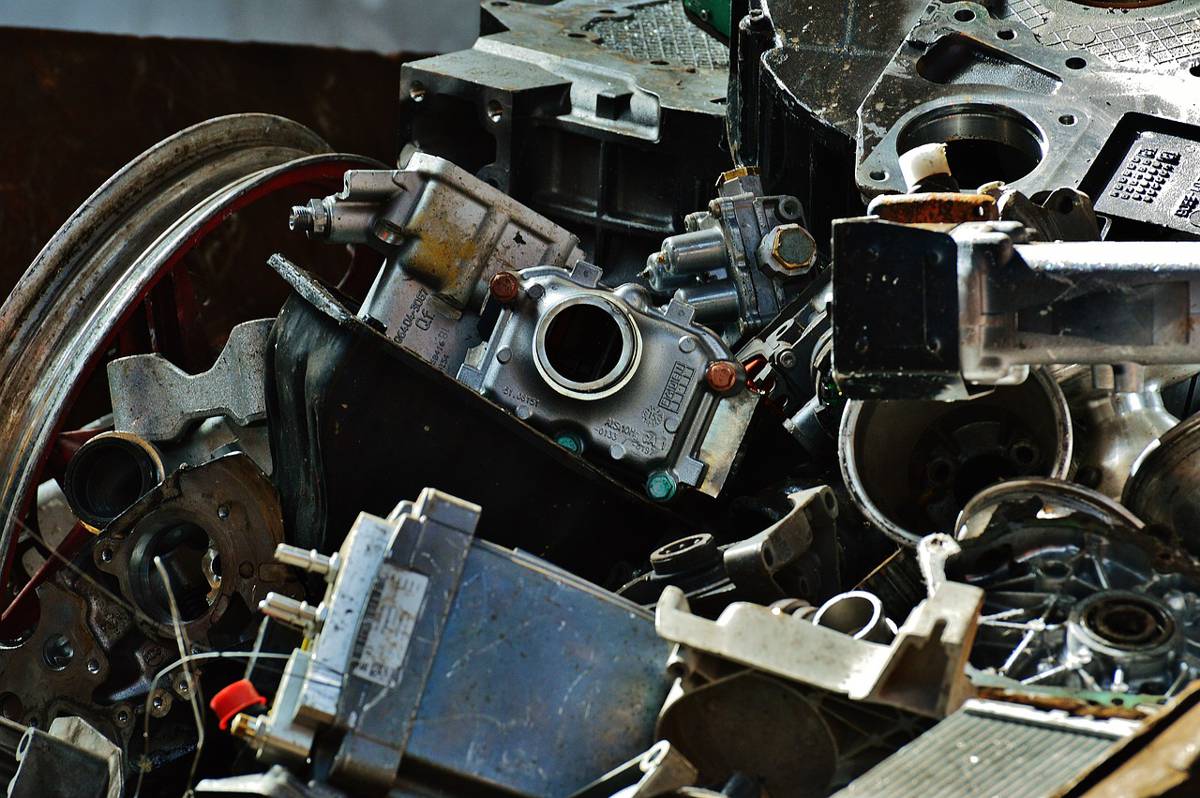
Scrap Metal Services For Construction Projects
This section will explore the vital role that scrap metal plays in construction projects, as follows:
Scrap Metal Collection
Through the collection of discarded materials, scrap metal services offer a viable solution for reducing the environmental impact of construction operations. They implement specific processes and strategies that minimize waste streams and maximize recovery rates.
To achieve this, scrap metal services employ various techniques ranging from sorting collected scrap into different categories to determining the highest possible resale values for each type. Additionally, these services can provide professional advice on managing and disposing of leftover materials effectively and sustainably.
Through their ability to reduce waste while recovering valuable resources, scrap metal services contribute to green construction practices within the industry today.
Sorting And Processing
Once scrap metal has been collected, it must be sorted and processed for reuse. This is because sorting and processing help identify the type of metal, its weight, and other characteristics needed to determine its value. Additionally, it ensures that only usable materials are recycled into the manufacturing supply chain.
Sorting scrap metal involves separating different types of metals from each other and assigning them a grade according to their composition. Metals should also be graded based on their purity levels to ensure the quality of the materials.
Processing scrap metal can include additional steps such as cutting, shredding, or baling, which help prepare the material for reuse. Depending on the type of recycled material, specialized processes like melting may be employed for copper or zinc alloys.
Recycling And Repurposing
Recycling and repurposing scrap materials can have numerous advantages, from conserving resources to reducing waste. These benefits are incredibly impactful in the construction industry due to the sheer volume of resources used in this sector.
By carefully sorting and repurposing scrap materials, a significant portion can be reused or recycled in new projects rather than discarded as waste. This helps reduce the need for additional raw materials while minimizing environmental damage through resource conservation.
By utilizing these services, businesses can dispose of their unwanted resources responsibly and support local workers who contribute significantly to sustainability efforts within the industry.
Disposal And Waste Management
Proper disposal and waste management of resources are essential for reducing environmental damage and promoting resource conservation. Scrap metal services are crucial in this process, including collecting, sorting, transporting, and recycling scrap metals. Furthermore, these services often provide specialized methods for disposing of hazardous materials so they don’t contaminate the environment.
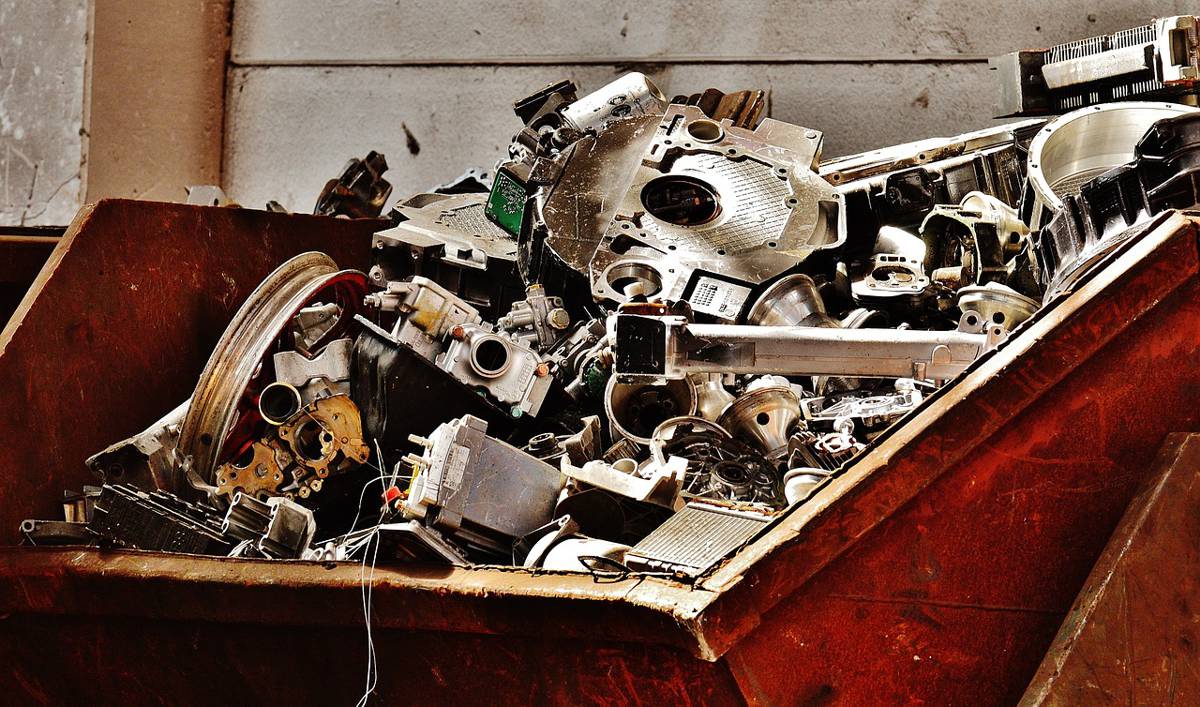
Scrap metal services can offer a range of benefits to the construction industry. By providing an efficient and cost-effective way to dispose of unwanted materials, such services can help reduce costs, minimize environmental impact, and ensure compliance with local laws.
Overall, using these services helps increase safety on construction projects by reducing the number of hazardous materials in the workspace. Notably, scrap metal services are invaluable for any construction project and provide numerous advantages over traditional disposal methods.








